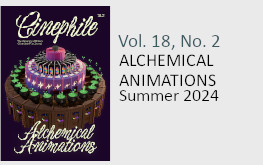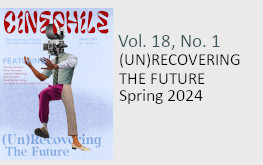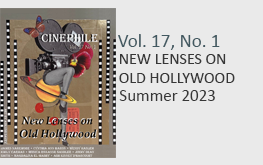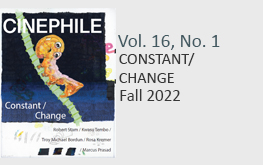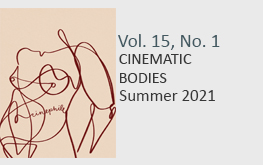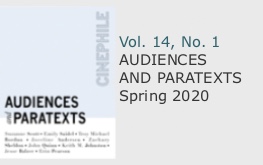Cinephile 19.1: CALL FOR PAPERS

Cinephile 19.1 – Love, Sex, and Other Drugs: Addiction and Obsession
Addiction is often understood as a neuropsychological disorder, a habit of dependence on a substance or a behaviour. When cinema represents addiction, compulsion, and obsession, it adheres to this definition by accentuating the illness of the mind. Films like Requiem for a Dream (2000) and Trainspotting (1996) have dealt with addiction in the most literal and explicit sense, portraying characters preoccupied with that which brings short-term gratification despite long-term disintegration. However destructive and unappealing this procedure appears to be, it nevertheless involves a sense of devotion even if it causes one’s own downfall. If we broaden the definition of addiction to encompass this obsessive devotion that may or may not result in the repetitive process of self-destruction, then the concept of “cinematic addiction” abounds: ranging from characters’ passionate devotion to someone or something to directors’ obsessive repetitions of certain formal elements to our own obsessive devotion to film (cinephilia), cinema is a site in which addiction/devotion is nurtured and proliferated.
One avenue through which we could reconceptualize the word “addiction” is by returning to its original meaning. Addiction comes from the Latin word “addicere”, whose meanings include “devoting” oneself to another. In early modern English, the verb addict meant “to attach”, where the object of attachment is both positive and negative, imposed or freely chosen. By the 17th century, addiction signified a positive relation between the self and others, be it a person, a goal, or an idea.
By returning to these early etymologies, we can open up and augment our understanding of addiction. But we can equally recontextualize addiction through a variety of avenues so that we may begin to understand it – beyond its standard contemporary definitions – as a passionate devotion or an act of obsession. Here, the object of addiction is not merely substance (alcohol, nicotine, illicit drugs) nor behaviour (gambling, shopping, gaming, sex, internet). It is equally the object of desire, of passion, of devotion, of curiosity, of mystery, and perhaps even of love. With this edition of Cinephile, we invite essays from authors who would like to explore and expand on the cinematic conception of addiction and obsession.
Possible topics (but not limited to) are:
- On-screen depictions of addictions (sex, substance, gambling etc.)
- On-screen depictions of obsessive behaviours (tortured artist, perfectionist, etc.)
- Repetitions of narrative and formal elements
- Obsessional audience encounters with filmic text and stars
- Cinephilia as a form of addiction
- Alternative readings of love and sexual transgressions
- Tensions between pleasure, pain, and control
We encourage submissions from graduate students, postdoctoral researchers, and established scholars. Papers should be between 2,000-3,500 words, follow MLA guidelines, and include a detailed works cited page, as well as a short biography of the author. Submissions should be directed toward SUBMISSIONS@CINEPHILE.CA indicating the intended issue and general inquiries toward INFO@CINEPHILE.CA.
Submissions are due by Feb 15.
Incoming editors: Chuiwen Kong, Donnie Lee, Jonathan Liu, and Jasmine Sanau.

